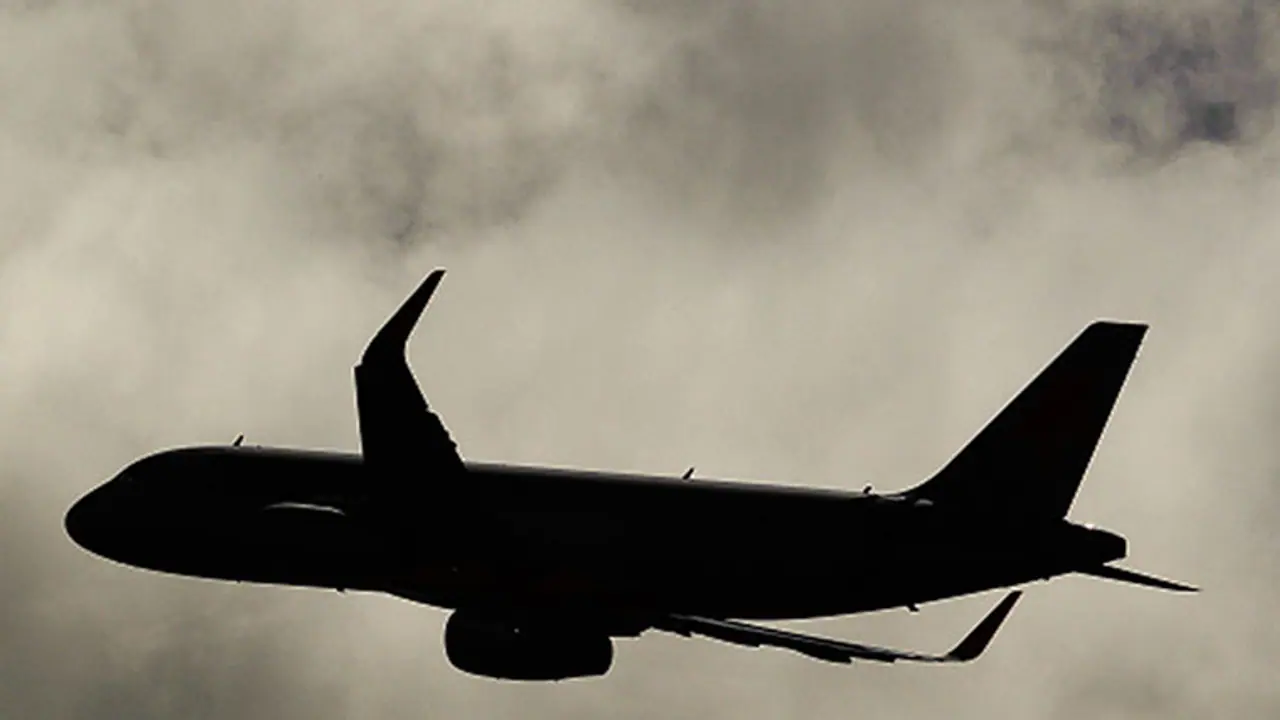The no-fly list is likely to be compiled by the Directorate General of Civil Aviation (DGCA), based on inputs from various airlines. It will maintain a blacklisted record of all unruly passengers. The quantum of punishment will depend on three categories- verbal assault, physical assault and life-threatening assault. Other domestic carriers will not be bound by the no-fly list of another airline. This implies that they are free to decide whether or not to bar a passenger banned by another airline.
Gone are the days when the flight crew will bear all the whims and fancies of passengers onboard, without batting an eyelid. With a recent spate in disruptive passengers in airports, several Indian airlines have been demanding a list of disruptive passengers who should be banned from flights forever.

While the demand was persistent, it triggered into a mass protest, following an incident in which a Shiv Sena MP Ravidra Gaikwad allegedly hit an Air India staffer with his slipper 25 times over not being given a business class seat in an all-economy plane. Thus, the amended Civil Aviation Requirements (CAR) or rules of handling unruly passengers announced on Friday came into effect immediately.
So, here are a few things you need to know about the no-fly list:
- The no-fly list is likely to be compiled by the Directorate General of Civil Aviation (DGCA), based on inputs from various airlines. It will maintain a blacklisted record of all unruly passengers.
- The quantum of punishment will depend on the below-mentioned three categories:
Verbal assault: This includes unruly physical gesture, verbal abuse, unruly inebriation. This can lead to a ban of up to 3 months.
Physical assault: This is the second level of punishment, which involves physically abusive behaviour including pushing, kicking, hitting, inappropriate touching, sexual harassment. This will attract flying ban of up to months.
Life-threatening: This is the last and the most serious of offences, which includes physical violence like choking, damage to aircraft system, assault leading to attempt to murder, eye gouging, attempted or actual breach of flight crew compartment. This will attract a ban ranging from two years to a lifetime.
- Repeat offenders may face a ban twice that of the previous ban.
- It is to be noted that India will be the first country to have a no-fly list that is based on safety and not just security.
- The no-fly list will be applicable only for unruly behavious inside a flight, which could adversely effect the progress of the flight and harm its occupants.
- The rules will apply to all domestic an international flights, apart from chartered air transport services. International Airlines too have to conform to the norms as per the Tokyo Convention, 1963.
Protocol to follow the ban
- The commanding pilot of an aeroplane can report an incident and the matter will be investigated by an internal committee of the airline concerned within 30 days.
- If the probe is not concluded within the given time frame, the passenger will be free to fly.
- However, it depends on the airline to impose a ban while it is probing the matter for a period not exceeding 30 days.
- Other domestic carriers will not be bound by the no-fly list of an airline. This implies that they are free to decide whether or not to bar a passenger banned by another airline.
- A passenger barred from flying can approach the appellate committee, constituted by the ministry within a period of 60 days. While the decision of the committee is final, but if the appellant is dissatisfied, he or she can approach the high court.
